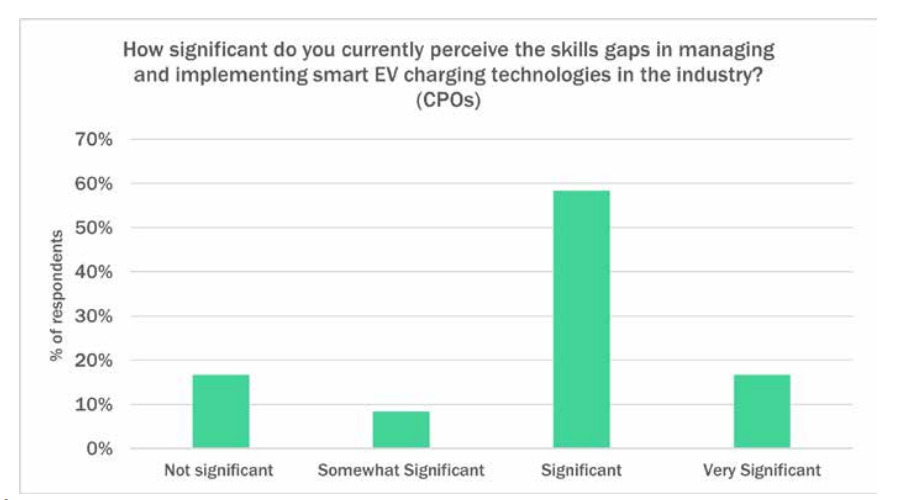Electric vehicle (EV) trade body RECHARGE UK has released a report exploring how the UK can equip its workforce for the opportunities presented by the emerging EV sector.
Dubbed Harnessing the skills opportunities of a recharge electric vehicle sector, the report covers current opportunities, a future forecast, the efforts being made by the industry to bridge the skills gap and what government support programmes are currently available.
The report, which “aims to serve as a resource for policymakers, equipping them with a holistic view of the EV sector, its specific skill requirements, and a clear set of recommendations”, outlines four key recommendations. Both RECHARGE UK and the REA are engaging with the government to drive them forward.
RECHARGE UK’s recommendations follow direct engagement with industry participants including chargepoint operators, local authorities and vehicle manufacturers. It was found that the number of available technicians is insufficient for current rates of installation of EV chargepoints.

Outreach: Net Zero Heroes
Firstly, the EV sector should create and participate in outreach programmes “to inspire the next generation of Net Zero Heroes”. Net Zero Heroes is a school outreach programme that aims to educate the future workforce across the EV Charging, eMobility and renewable energy sectors in the UK.
Matt Western MP, shadow minister for higher education and chair of the All-Party Parliamentary Group for Electric Vehicles, said: “There’s so much enthusiasm for the climate agenda among young people we need to harness.
“I want to see the government commit to supporting colleges to specialise in the technical skills needed to build EVs, as well as reform the apprenticeship levy to unlock funding for retraining and reskilling employees in the automotive sector.”
Centres for Excellence for Net Zero Skills
Next, the government should create local Centres of Excellence for Net Zero Skills, mitigating localised skill gaps through additional funds to local authorities and courses sponsored by local businesses.
The report highlights that EV-skilled resources are easier to find in metropolitan areas.
Some smaller Local Transport Authorities located outside of towns and cities struggle to attract people to relocate to their areas and several have had to combine with their larger regions that are more attractive to applicants.
Upskilling programmes
Third, the report recommends collaboration between the EV sector and the government to create upskilling programmes to ensure continued improvement and promotion of opportunities to the existing workforce.
Research carried out by Curzon Consulting in association with the report found that 77% of CPOs are actively engaged in upskilling. 91% said they plan to invest in skills training.
Heather Foster, programme manager – EV Infrastructure Strategy at Midlands Connect, said: “It is great to see the local transport authority skills challenges identified across the EV infrastructure skills map. Local transport authorities play a crucial part in enabling the delivery of equitable, affordable charging infrastructure on the street, to enable residents and businesses to transition to electric vehicles. Skills to support local councils are key in delivering equitable public EV infrastructure to help decarbonise transport.”
Government-led reskilling
The report’s final suggestion calls on the government to create reskilling programmes to engage the workforce outside the EV sector with the opportunities on offer. As the government looks to scrap degrees it deems ‘low value’, a large demographic could emerge, looking to retrain in the EV sector.
The UK government already supports reskilling in other sectors and RECHARGE UK suggests similar support could be provided to the EV sector. The report recommends a national programme to reskill the 11.6% of all 16-24-year-olds not in education, employment, or training, and suggests a review of barriers to women taking up roles in the EV sector.
Mat Ilic, CEO of Greenworkx, said: “EVs have a key role to play in the journey to net zero, but the UK is falling behind on progress. By 2035, under current legislation, all new cars and vans sold must be zero-emission.
“Over the next four years, tens of thousands of new skilled workers will be needed to achieve this, helping us grow and electrify the infrastructure to support the proliferation of low emissions vehicles. We need all hands on deck.”





